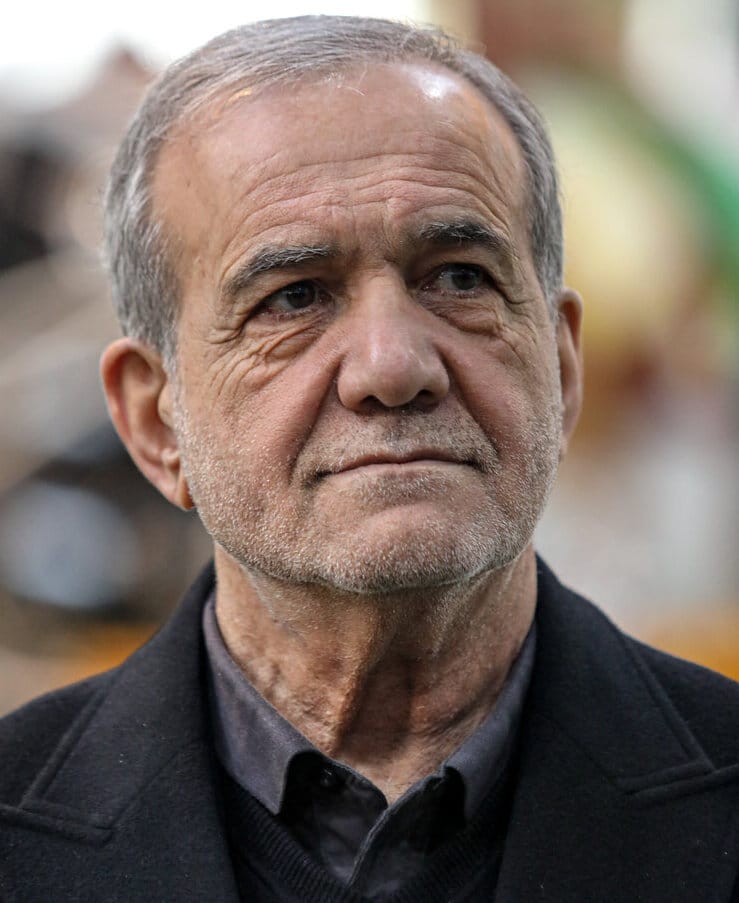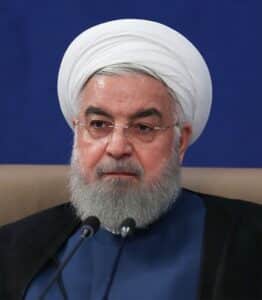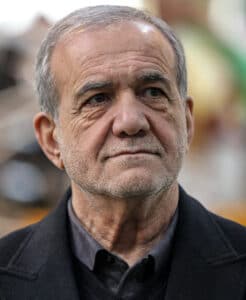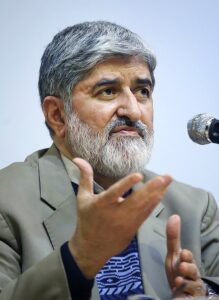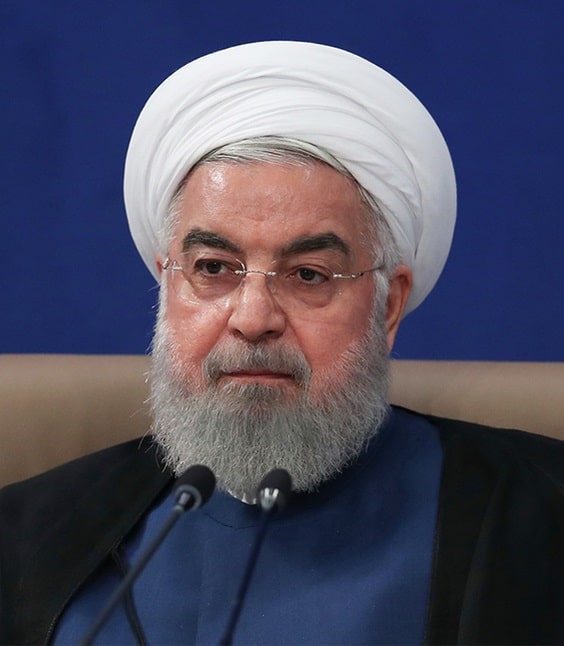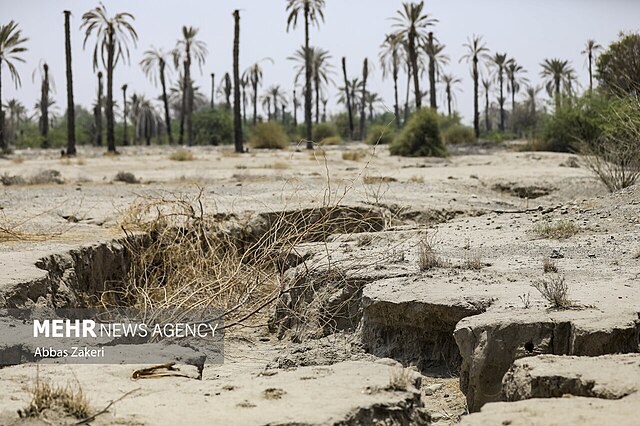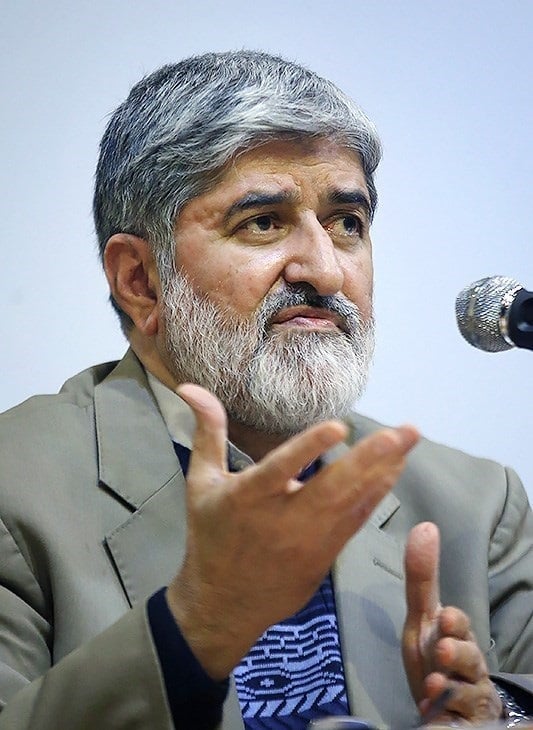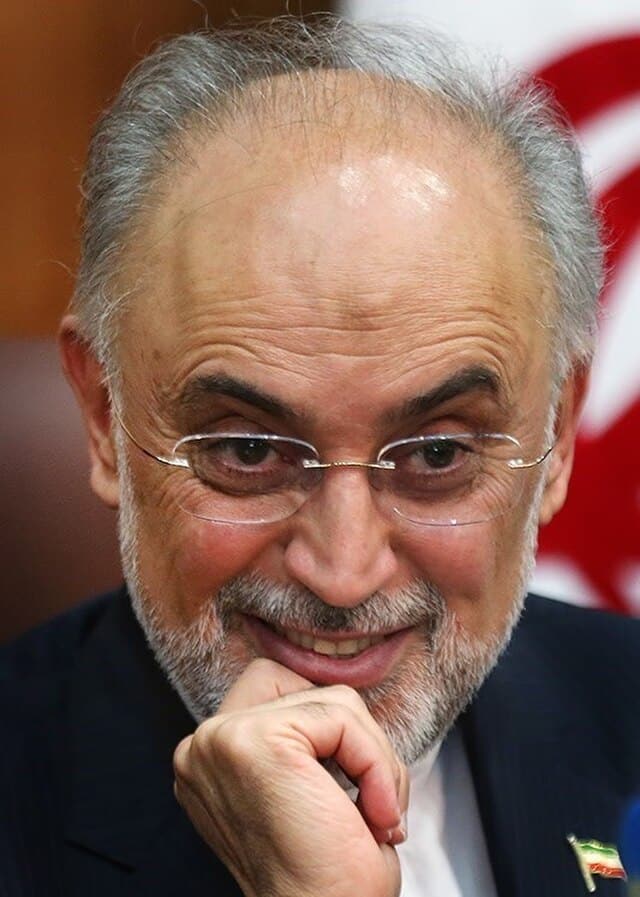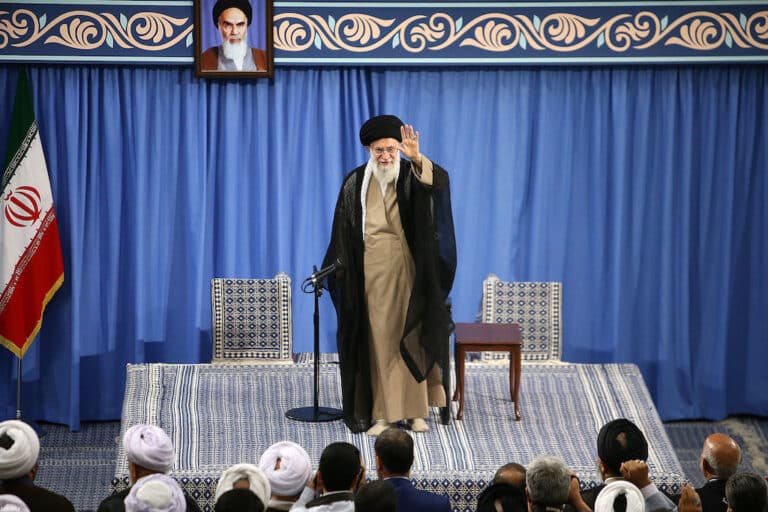As part of his official visit to China for the Shanghai Cooperation Organization summit, Iranian President Pezeshkian along with his daughter participated in the grand ceremony held by China to mark 80 years since the end of World War II. The ceremony, held in central Tiananmen Square in Beijing, included a large-scale military parade of Chinese armed forces, during which China displayed its finest weapons and latest military equipment.
Prisoners at Langarud Prison in Qom announced their participation in the “Tuesdays without Executions” campaign, a protest activity that has been ongoing for 84 consecutive weeks in more than 50 detention facilities in Iran. The campaign aims to raise awareness about the wave of expanding executions in the country. According to a recent report by the UN High Commissioner for Human Rights, at least 841 people have been executed by the Islamic Republic since the beginning of 2025, with 110 people killed in July alone. The report warns of a clear upward trend in the number of executions, and that due to government lack of transparency, there are concerns that the real figures are much higher.
Dr. Jalil Bayat, an expert on international relations from Tarbiat Modares University in Tehran, published a scathing article in which he declares the failure of Iran’s current defensive doctrine and calls for formulating a new security strategy. According to Bayat’s analysis, the three pillars of Iranian defensive policy have collapsed in the test of reality: the axis of resistance has dissolved and failed to prevent Israeli attacks, nuclear ambiguity has transformed from a strategic asset into a burden justifying military actions against Iran, and the advanced missile capability that Iran developed at heavy cost has failed its purpose as a primary method of deterrence.
New ISPA polls reveal a trend of sharp decline in viewership levels of the Iranian government broadcasting authority (IRIB). The data indicates a loss of 75% of viewership ratings since 2018, with only 12.5% of the Iranian public currently watching the government network. The polls also show that even in the entertainment sector, the Iranian public is abandoning the government broadcasting authority, preferring to consume content from Persian-speaking media outlets operating outside Iran’s borders.
Photograph: Mehr News Agency, Wikimedia Commons

